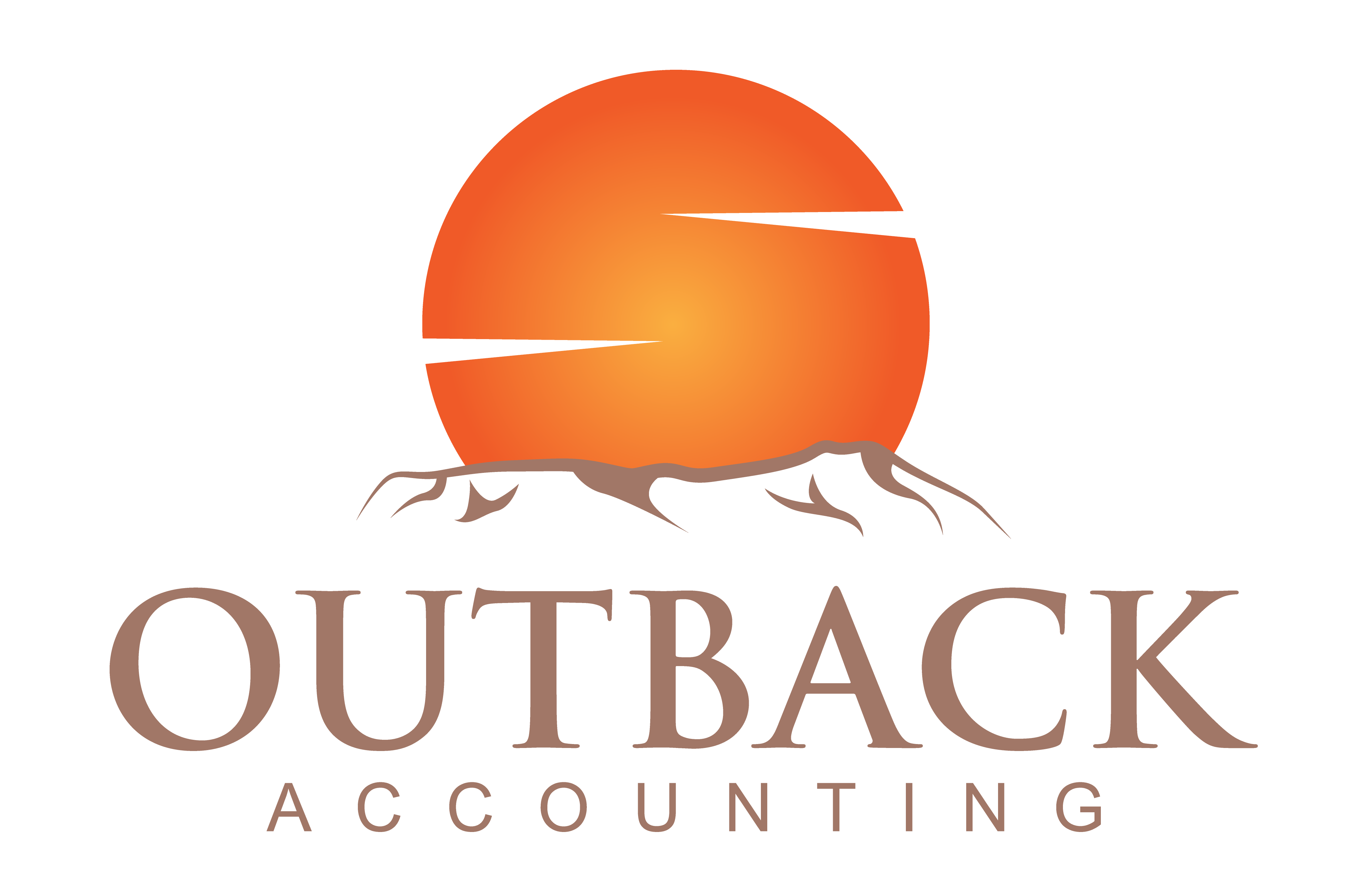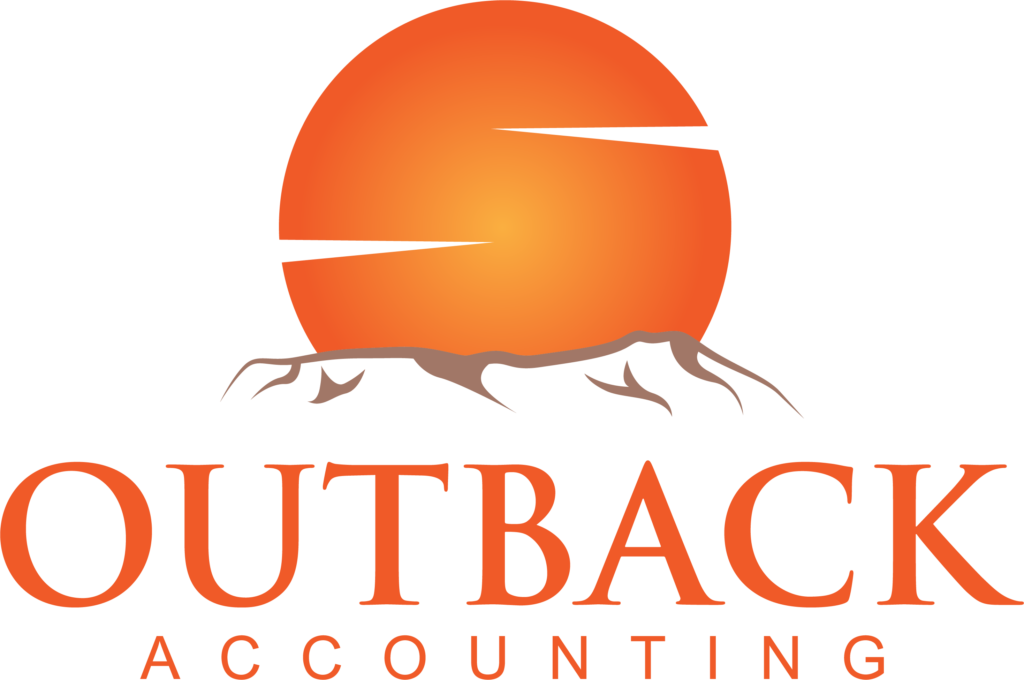Table of Contents
We all know that self-employment provides opportunities for freedom and flexibility, like choosing your own clients, setting your own working hours, and working on your terms. The transition from enjoying freedom and independence feels alright until it comes to managing taxes. Managing self employed tax in Sydney can be overwhelming, but understanding your obligations is crucial for financial success. If you are interested in knowing your tax obligations, this Sydney freelancer tax guide will help you navigate the unique challenges faced by self-employed individuals, so stay connected to this blog.
Common Tax Challenges Faced by Self-Employed Individuals
The most common tax challenges that self-employed individuals face include mixing their personal expenses with business expenses, which often leads to inaccurate reporting and claims that are not supposed to be yours. The next challenge they face is uncertainty about deductible expenses, failing to set aside money for tax payments, and often missing BAS lodgements, which leads to fines and penalties. Moreover, they misunderstand GST registration thresholds and often lack record-keeping discipline.
Understanding Your Tax Obligations
If you are a freelancer or a small business owner, self-employed small business owner who has decided to work for yourself, this means that you are the boss, employer, and accountant as well. So, it is important to understand your responsibilities for handling your own taxes.
- Registering for an ABN
ABN (Australian Business Number) is like your business identity card. Whenever you send invoices to a client, apply for any business-related services, or even file taxes, your ABN identifies you as a legitimate business in the eyes of the ATO. Without it, you are just an individual earning money.
- Goods and Services Tax (GST)
Once you have got your ABN number, you must register for GST. It is a 10% tax on most goods and services sold in Australia. Businesses collect it from their clients or customers and then pay it to the Australian Taxation Office (ATO). If your business makes more than $75,000 in a year, it is your obligation to register for GST. However, if you earn less than $75,000, then it is optional. However, some people still prefer to register to look more professional and claim back GST credits on their expenses.
- Claiming Legitimate Business Deductions
For self-employed individuals in Sydney, this one is the biggest benefit, as they can claim deductions for anything if they have spent money on their business. For example, office rent, electricity, internet, stationery, office equipment like laptops, printers, travel costs, software subscriptions, marketing costs, and professional fees, for example, hiring a legal consultant or accountant, and superannuation contributions. While claiming all these, you can reduce your taxable income, which means that you have to pay less tax. However, it is important to keep the receipts or invoices for everything in digital software like Xero or QuickBooks. That is your proof.
- PAYG Installments
PAYG stands for Pay As You Go. It means that when your business income starts growing, the ATO may ask you to pay tax throughout the year instead of waiting for tax time. This payment throughout the year is called PAYG installments. Many individuals feel burdened to pay a huge amount at the end of the year; PAYG provides an opportunity to pay in portions to a taxpayer every quarter. If your total tax is $12,000, then your ATO might ask for $3,000 every 3 months. This will help you manage your cash flows and avoid tax-time shocks.
- Lodging BAS Statements
If your business is registered for GST, you have to file a BAS (Business Activity Statement). Your BAS will inform the ATO of the GST you collected from customers, the GST you paid on business purchases, and the difference between the two, which may result in a payment or refund. It is basically a summary of all your business activities and a clear picture that helps the ATO track your tax obligations throughout the year.
Self-employment Disadvantages and Advantages
As a self-employed individual, you take full control of your work, and your earning potential increases as your business grows. You can also claim business-related expenses to reduce your taxable income. However, when it comes to tax management, you’re responsible for managing your own tax payments, and operating without a proper plan can lead to tax stress. Accurate bookkeeping is essential to minimise tax liabilities and avoid ATO penalties. Developing a strong understanding of tax responsibilities can be challenging, but it is crucial for long-term financial stability.
Hire a Registered Tax Agent
Tax management for your business can get complex for Sydney-based entrepreneurs. However, hiring a Registered Tax Agent in Sydney or Accountant in Sydney can help you get accurate reports that comply with ATO rules and regulations. Moreover, a professional will ensure that you are claiming every deduction you are entitled to, and it will help you avoid penalties and incorrect reporting.
Whether you’re a sole trader in Sydney or a small business owner, being aware of your tax responsibilities will ensure you stay compliant and optimize your deductions. Outback Accounting provides highly qualified and experienced accountants to support your business’s tax and accounting management needs. Contact us for expert assistance.
Frequently Asked Questions
How much tax do you pay in Australia as a self-employed individual?
As a self-employed individual in Australia, you pay tax on your net income, and the tax rate is the same for employees based on their income brackets. You have to set aside a portion of your income to cover the tax, as no employer withholds it for you. Consider using accounting software or a registered tax agent to calculate and manage tax payments accurately.
How much tax will I owe self-employed individual?
It depends on your total taxable income, which you calculate after deducting your business expenses. For example, the threshold for income is $18,200; above this will be taxed. Moreover, if your turnover exceeds $75,000 in a year, you also have to pay GST. It is important to keep detailed records of your income and expenses to ensure accurate tax assessment.
How much is $1,000 a week taxed in Australia?
If you earn $1000 per week, it means your per year income is about $52,000. Based on the 2025-2026 tax rate, your income tax rate is 30% which means you have to pay $6,388 in taxes per year. You can also use ATO calculators to calculate your income tax.
What is the tax-free threshold for the self-employed in Australia?
If your total income is up to $18,200, you do not have to pay income tax up to that amount, and it is the same for employees and the self-employed.










